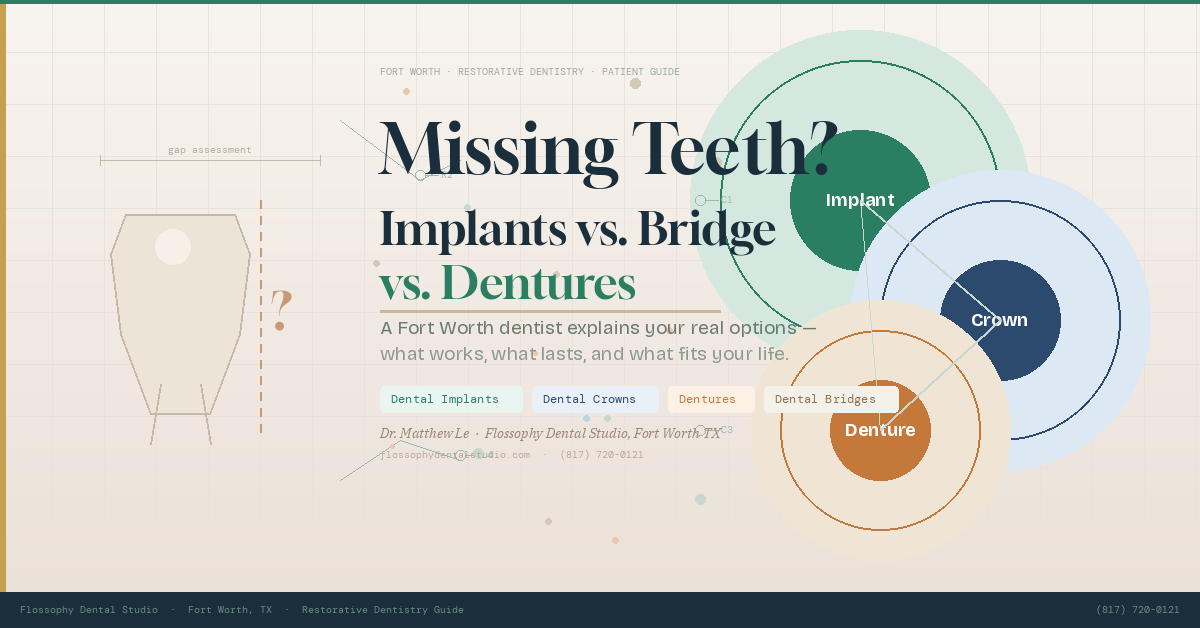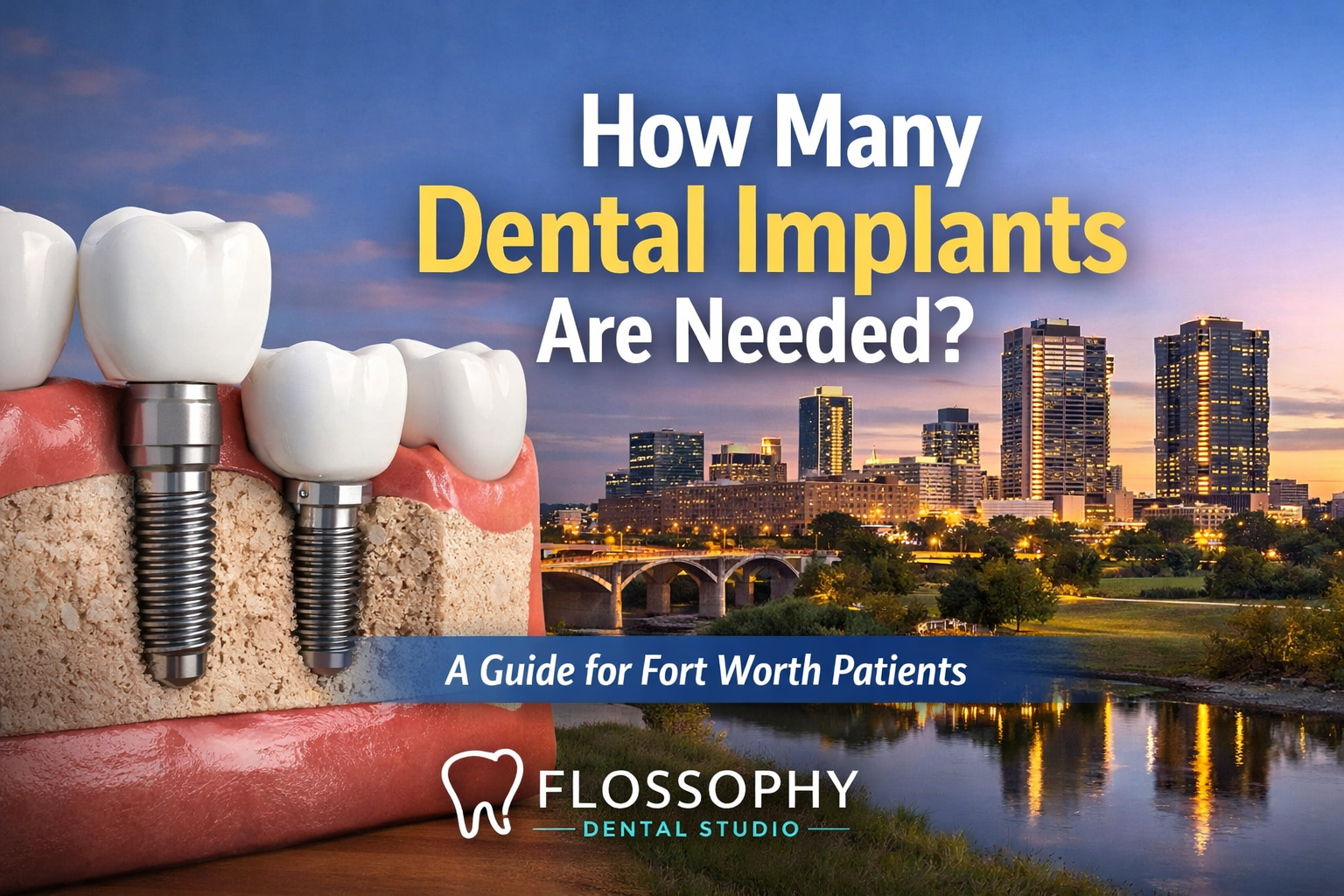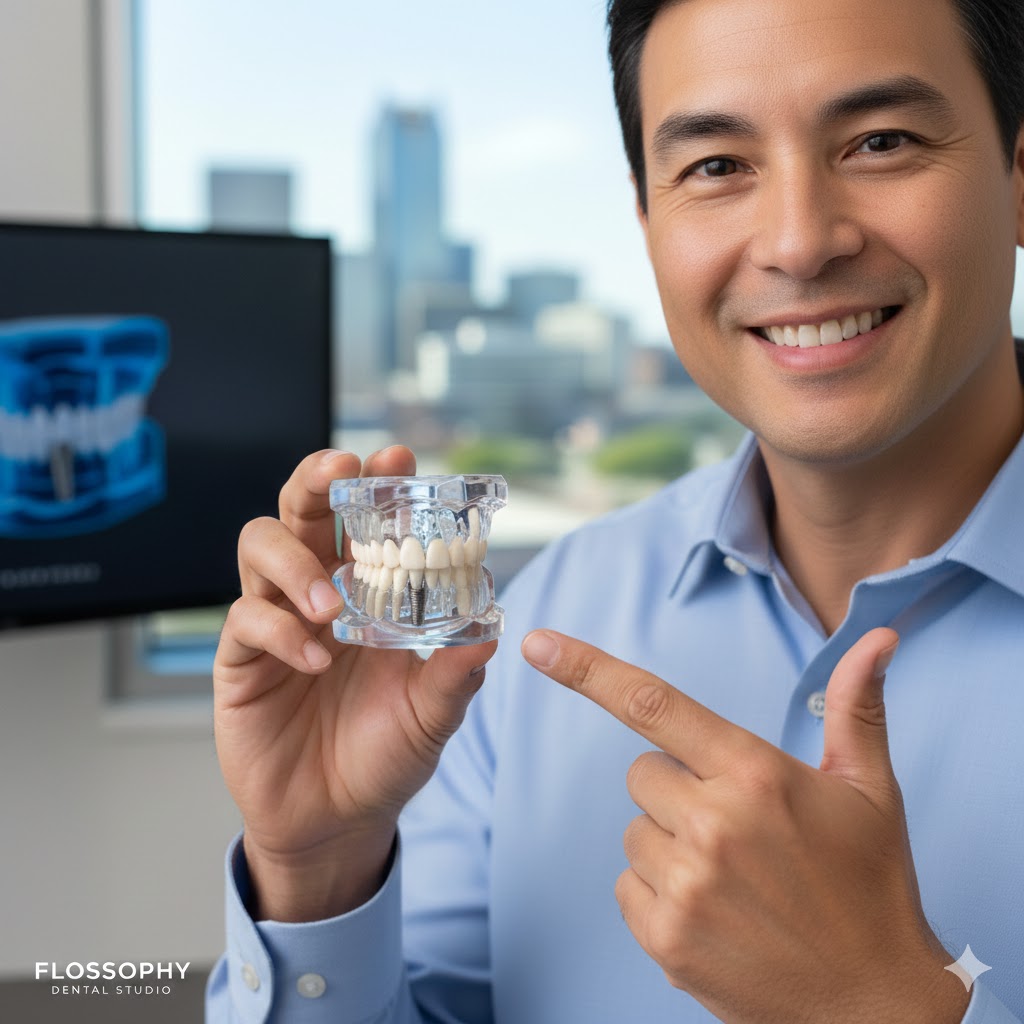$29 Emergency Exam - Walk-Ins Welcome - Same-Day Dental Appointments Available

Dental implants are an effective and long-lasting solution for replacing missing teeth. After undergoing this surgical procedure, patients are often provided with a list of post-operative instructions to ensure proper healing and reduce the risk of complications. One surprising recommendation that many patients encounter is to avoid dairy products, at least temporarily. But why is that the case?
Let’s examine the science and reasoning behind this guideline and explore how avoiding dairy can promote a smoother recovery after a dental implant procedure.
What Happens During a Dental Implant Procedure?
To understand why dairy is restricted, briefly revisit what happens during a dental implant surgery. A dental implant involves placing a titanium post into the jawbone, which will eventually fuse with the bone through osseointegration. This integration provides a stable foundation for a crown, bridge, or denture.
Immediately after the surgery, the gums are often sutured, and the site becomes sensitive. Just like any surgical site, it needs time to heal without irritation or infection.
The Role of Diet in Implant Healing
Your post-operative diet plays a critical role in how well and how quickly you heal. Soft, non-irritating foods are usually recommended, while hard, hot, spicy, and sticky foods are discouraged. But where does dairy come in?
Dairy, especially milk, yogurt, cheese, and similar products, might seem harmless or even helpful due to their soft texture and high protein and calcium content. However, several key concerns have led many dental professionals to recommend avoiding dairy during the initial healing phase.
1. Dairy Can Interfere With Antibiotics
One of the main concerns is the interaction between dairy and antibiotics. After a dental implant procedure, your dentist may prescribe antibiotics to prevent infection. Dairy products contain calcium, which can bind to certain antibiotics (like tetracyclines), reducing their effectiveness. This interaction can limit how well the antibiotics are absorbed by your body, potentially increasing the risk of infection at the implant site.
While not all antibiotics are affected this way, dentists may prefer to avoid the risk altogether by recommending patients to skip dairy during the medication.
2. Dairy Promotes Bacterial Growth
Another major reason to avoid dairy is that it can encourage bacterial growth in the mouth. Milk and other dairy products contain natural sugars (like lactose) that can feed oral bacteria. After surgery, your mouth is more vulnerable, and bacteria can easily find their way into incisions or healing gum tissue, leading to infection or delayed healing.
Even though oral hygiene is maintained, minimizing the presence of sugar in the mouth is especially critical during the first few days following the implant.
3. Risk of Mucosal Irritation and Increased Phlegm
Some people experience increased mucus production after consuming dairy. While this might not be a problem in everyday life, post-surgical patients can find this annoying or uncomfortable. Excess mucus or phlegm may increase the need to cough, clear your throat, or even spit—all of which are discouraged after oral surgery because they can disturb the surgical site and dislodge blood clots, which are essential for healing.
Additionally, dairy may cause minor irritation to the soft tissues of the mouth in some individuals, particularly in those who are lactose intolerant or sensitive.
4. Inflammation and Delayed Healing
Though dairy is not inherently inflammatory, some people’s bodies react to it with low-grade inflammation. This reaction can hinder healing and prolong recovery time. Since the goal after implant surgery is to reduce inflammation and promote tissue regeneration, avoiding any potential triggers—especially early on—is a smart move.
When Can You Reintroduce Dairy?
In most cases, dental professionals recommend avoiding dairy for the first 48 to 72 hours after your dental implant surgery. This window is the most critical for healing and infection prevention. Once the implant site begins to stabilize and you’re off antibiotics, dairy can usually be safely reintroduced—unless your local dentist advises otherwise.
Always follow your specific post-op instructions, as healing time and dietary restrictions can vary based on the complexity of your case and your overall health.
What Can You Eat Instead?
While you’re steering clear of dairy, it’s important to choose other soft, nutritious options that promote healing:
- Smoothies (without yogurt or milk)
- Mashed avocado
- Oatmeal or porridge (cooled)
- Soft-cooked vegetables
- Applesauce
- Bone broth or veggie soups
- Scrambled or soft-boiled eggs
These foods are gentle on your mouth and rich in vitamins and minerals that support tissue healing.




